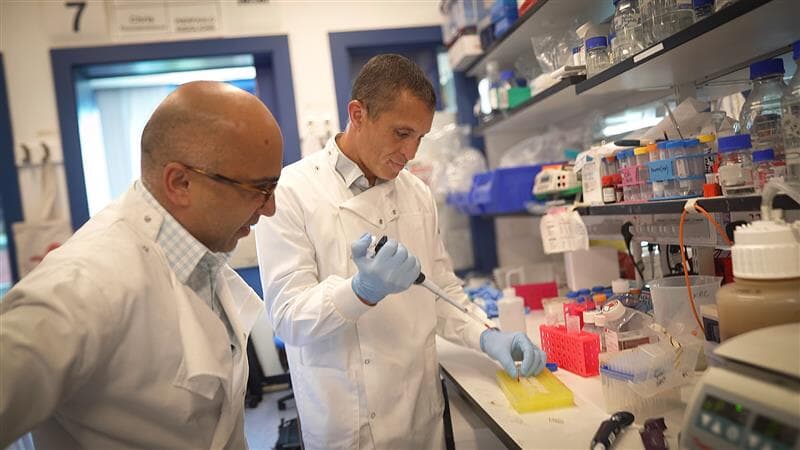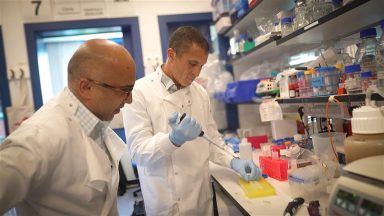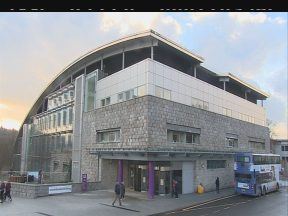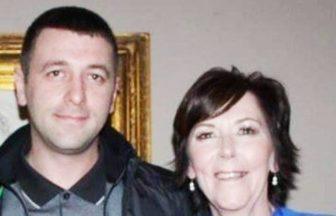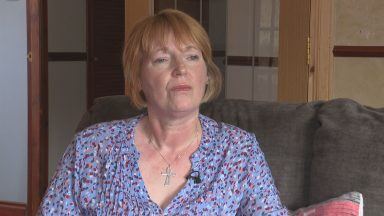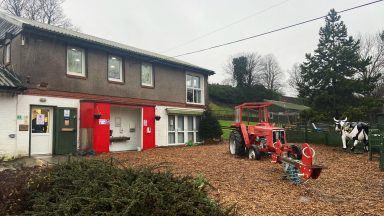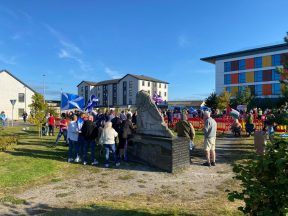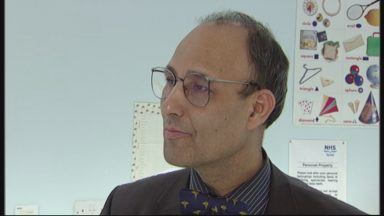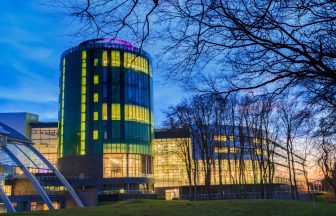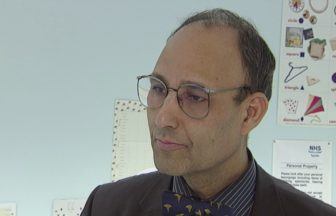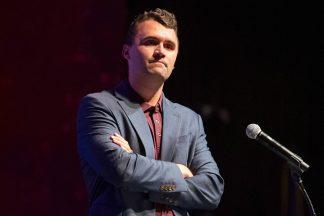Key Points
-
 A new Parkinson’s research centre in Dundee is being hailed as a major milestone in the search for a cure.
A new Parkinson’s research centre in Dundee is being hailed as a major milestone in the search for a cure. -
 The centre will receive £10m in funding over five years and work in partnership with the UK Dementia Research Institute.
The centre will receive £10m in funding over five years and work in partnership with the UK Dementia Research Institute. -
 Dr Miratul Muqit, who leads the centre, says Scotland is playing a vital role in advancing Parkinson’s research and treatment.
Dr Miratul Muqit, who leads the centre, says Scotland is playing a vital role in advancing Parkinson’s research and treatment. -
 Clinical trials across Scotland, including the ACT-PD network, are testing multiple drugs and seeking participants.
Clinical trials across Scotland, including the ACT-PD network, are testing multiple drugs and seeking participants. -
 Parkinson’s UK is promoting physical activity as a way for patients to manage symptoms and feel empowered in their treatment journey.
Parkinson’s UK is promoting physical activity as a way for patients to manage symptoms and feel empowered in their treatment journey.
A new Parkinson’s research centre in Dundee is being described as a “really important” milestone in the bid to find a cure for the disease.
The centre, which is being set up in collaboration with the UK Dementia Research Institute, will bring together leading researchers in the field and benefit from £10m of funding over the next five years.
Dr Miratul Muqit, who has been appointed to lead the centre, says research is at a critical point.
Speaking to Scotland Tonight, he said: “We have lots of clues about what might be going wrong in brain cells and what we have a chance now to do is really take that research and form partnerships with stakeholders that can really help maximise the impact.”
More than 13,000 people diagnosed with Parkinson’s in Scotland
Parkinson’s is one of the fastest-growing neurological conditions worldwide, with more than 13,000 people in Scotland having been diagnosed.
It occurs when the brain cells which produce dopamine stop working properly.
It mostly affects a person’s movement, and can cause tremors and stiffness, but can also cause non-motor symptoms like insomnia, loss of smell, depression, and cognitive changes.
Dr Muqit said there is a lot of motivation in Scotland to improve both diagnosis, and treatment.
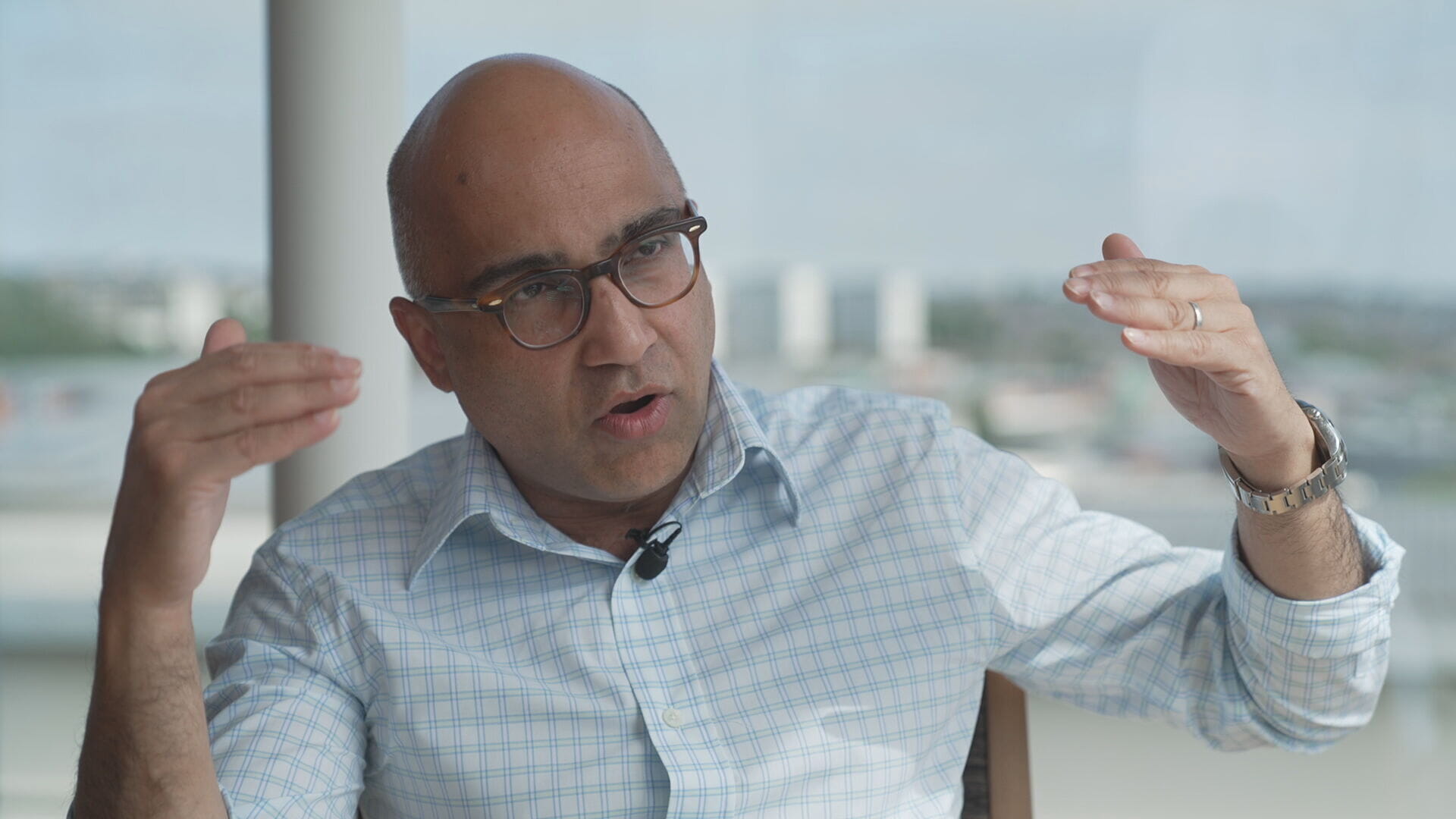 STV News
STV NewsHe said: “Certainly from my perspective, Scotland’s been punching really well above its weight, and I think that’s been really important for patients because it’s a really hard, complex, disease to live with.
“So I think just for them to understand that people are working really hard on their behalf to really understand what’s wrong, to find new mechanisms to find new treatments for them, I think is what gives them hope.
‘This is a very special type of trial’
Dr Tilo Kunath, a world-leading stem cell scientist based at the University of Edinburgh, explained that working with patients is by far the most beneficial type of work for researchers.
He said: “There have been a number of trials in Scotland for some time now, but I think it’s a really exciting time because there is a UK wide network set up called ACT-PD (Accelerating Clinical Trials for Parkinson’s Disease).
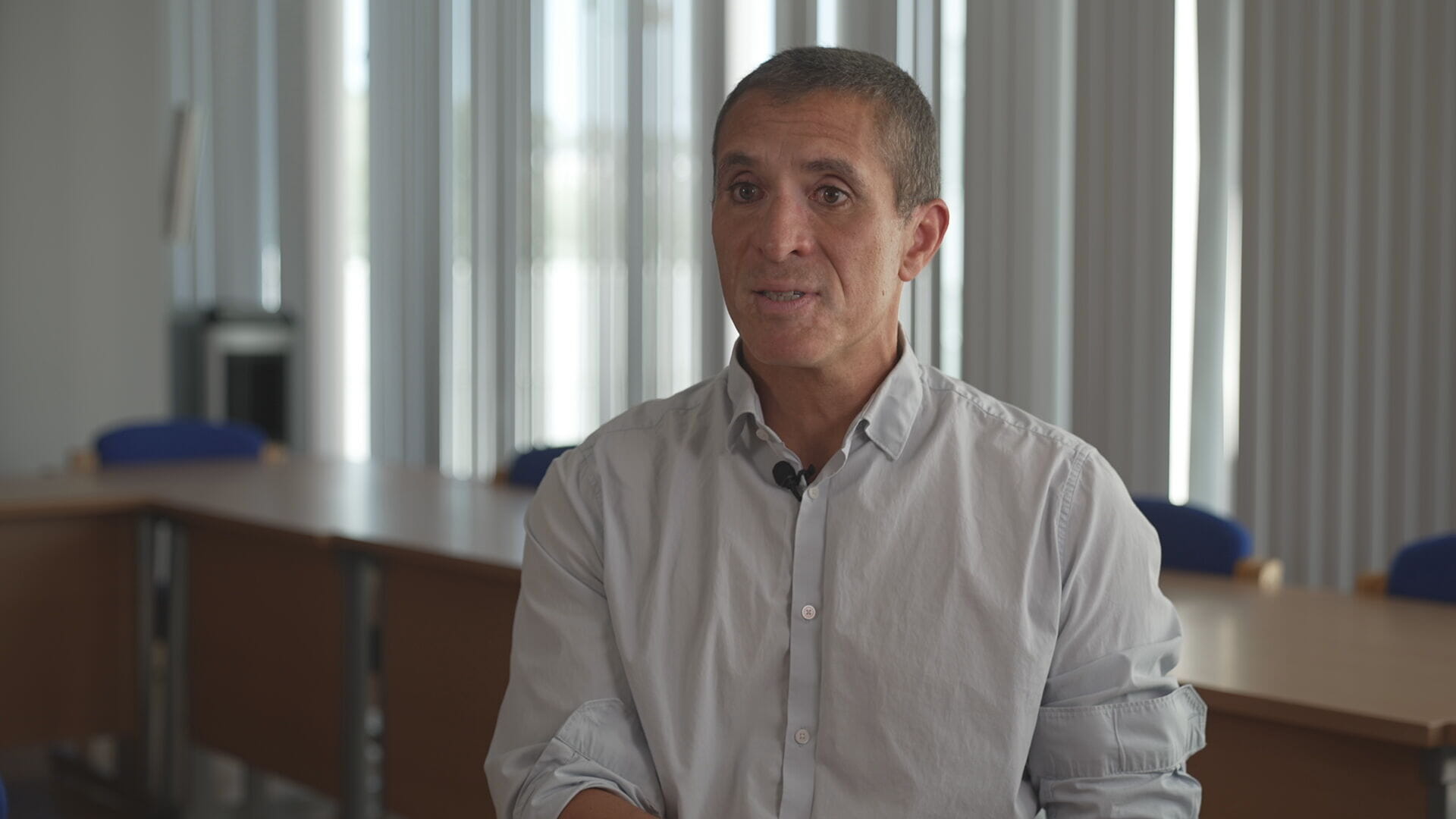 STV News
STV News“This is a very special type of trial because it’s testing a number of different drugs against one placebo arm, and it’s really exciting that Edinburgh and Dundee are going to be two of the key sites for testing these trials.
“All of Scotland will have access to these trials and they’re actually looking for participants at the moment to sign up and be interested.”
Much of the clinical work being done is backed by the charity Parkinson’s UK.
It also helps to support people who have been diagnosed; one of its biggest schemes is to increase physical activity among patients.
Research has shown that exercise can help to improve mobility and balance, and can benefit patients experiencing symptoms like depression.
Not your average sporting event
It’s Saturday morning in Largs, and dozens of athletes are gearing up for an intense day of competition.
But this isn’t your average sporting event.
Every one of the competitors has Parkinson’s. Among them is Steven Somerville, who was diagnosed with Parkinson’s in October.
Before that, he spent four decades driving HGVs across Europe.
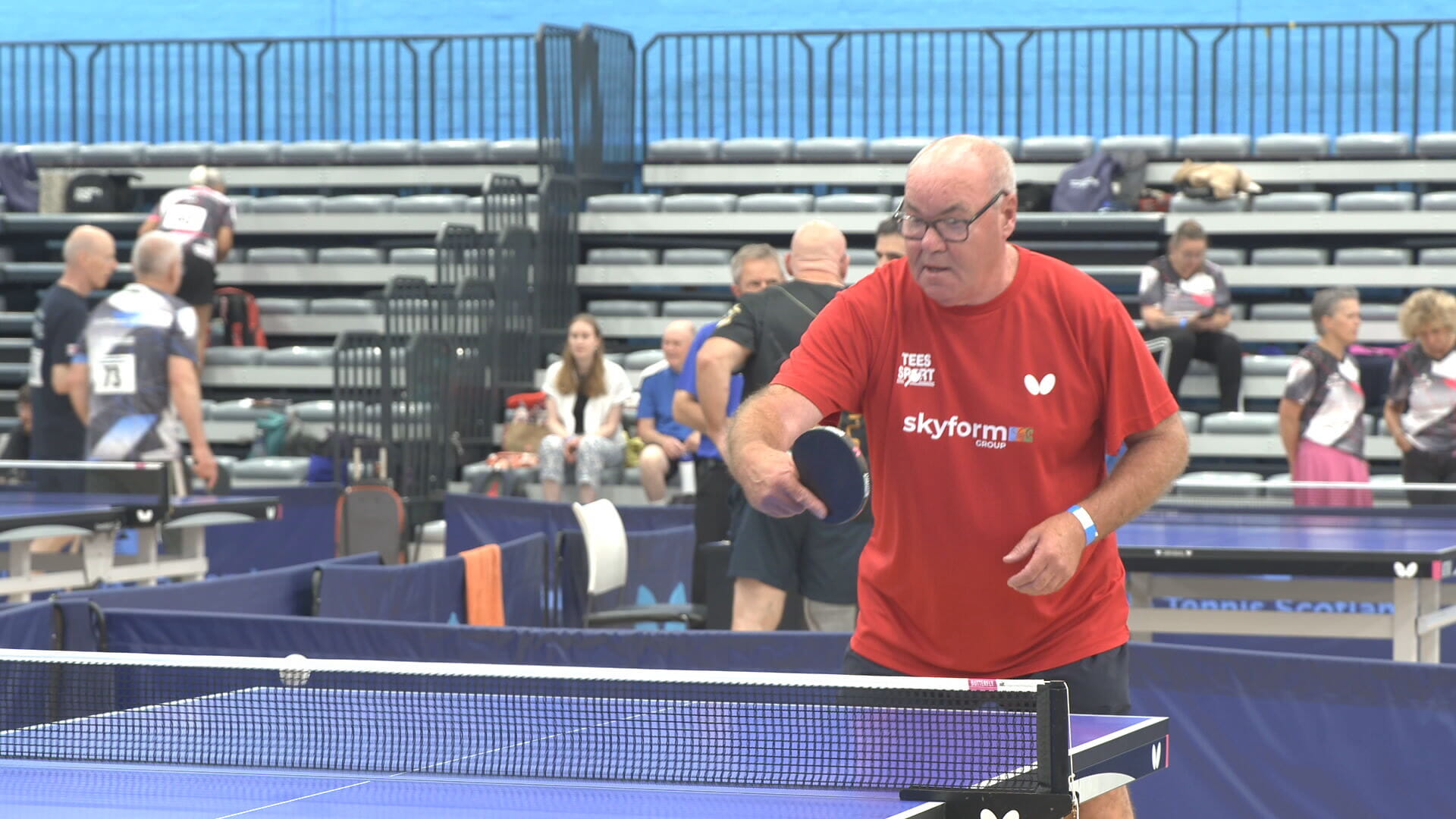 STV News
STV News“I’ve never been to one of these tournaments, but I was quite taken aback when I saw how many people (are here), it’s great craic. Everybody’s in the same boat.
“I used to run when I was small. I played rugby, played golf. I played a little bit of table tennis when I was ten, 11 years old, so I thought I’ll give it a go. It’s been good for me.”
Amanda McKay, the charity’s physical activity coordinator, said: “It’s very passive taking medication. I think what physical activity does is it gives people that power to manage the condition themselves.
“It allows them to feel like they’re fighting it. I guess that that’s probably quite key for people to have that kind of ownership over their condition.
“People are looking for activities now. So finding the right thing for them is really important. We’re working with the likes of Table Tennis Scotland to develop more opportunities for people with Parkinson’s to play.
“We’ve got ten to 14 groups just specifically for people with Parkinson’s. We find every year more and more people are coming, and new groups are sprouting up all the time.”
Watch Scotland Tonight: Fighting Parkinson’s on STV and the STV Player on Thursday at 8:30pm or catch up on the STV Player.
Follow STV News on WhatsApp
Scan the QR code on your mobile device for all the latest news from around the country


